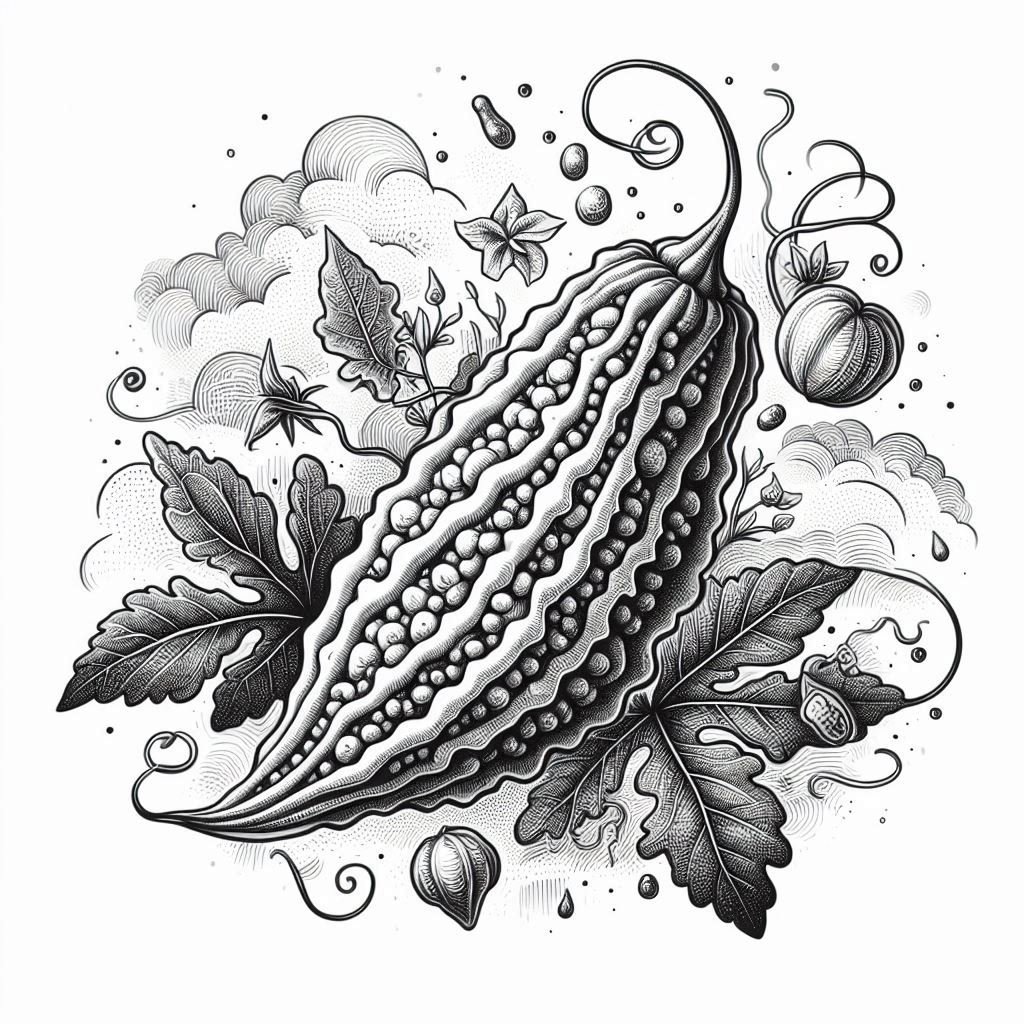Low buildings, leafy streets, and elegant boutiques, it’s quite an aspirational neighborhood. Everything feels curated, lifestyle-magazine perfect, but never forced.
Books & Culture
Tsutaya Bookstore. T-Site is a multi-building complex built around books—art, design, English titles, vintage mags, and rare finds. It won a World Architecture Festival award, and it's easy to see why. There are various Tsutaya branches around the city, this is the flagship. Anjin lounge serves cocktails beside vintage periodicals.
Old Asakura House. The former Asakura Residence, built in 1919 for a politician, spans two floors of preserved wood and quiet rooms. There’s a tea room, a small inner garden, and a larger one outside with bonsai, moss, and stone lanterns. The paths are simple and deliberate.
ArtBar Daikanyama. A casual studio where you paint, sip wine, and don’t overthink it. Friendly staff, good playlists, and no pressure to be good.
Shopping
Okura. Japanese denim shop in a traditional kura-style building. Known for indigo-dyed garments and workwear-inspired silhouettes. Labels include Blue Blue and other in-house lines.
Maison Kitsune. Paris-meets-Tokyo label offering contemporary casual wear, sneakers, and logo pieces. The Daikanyama shop is compact, with curated seasonal drops and the signature fox branding.
Dixsept. Collection of boutiques featuring womenswear from niche Japanese and European designers. Expect asymmetric cuts, layered silhouettes, and an all-neutral palette in a narrow, gallery-like interior.
Eva Fashion Art. Compact showroom focused on sculptural, often architectural clothing. Carries avant-garde Japanese designers and limited-production items, with emphasis on texture, form, and black.
Bonjour Records. Music and fashion shop stocking vinyl, books, and streetwear labels. The vibe is eclectic but curated—part record store, part lifestyle concept space.
Kid Blue. Best cotton underwear, clean lines, muted colors, lace trim. The name suggests that it is for children, but in fact PJs and comfy underwear non-children.
Johnny Jump Up. Shelves of Soviet-era toys, badges, matryoshkas (we found a Grateful Dead one!), and old picture books (Soviet Winnie the Pook). Postcards, envelopes, odd little things, and old cameras.
Megdai Shop. You can sample many of Japan’s regional products, but they will have you fill out a questionnaire. It’s somewhere on Hachiman-dori near a jewelry shop.
Coffee, Cafés & Sweets
Motoya Espresso. Cute vintage van near the station, serving good coffee, 100% Arabica. Nice meeting point if the weather is OK.
Mocha Coffee. Tiny shop that seems to have been wedged between two buildings, serving hand-drip coffee from Yemen. Single-origin brews, vintage china, mini garden. the proprietor likes rabbits so that is an immediate thumbs up.
Matsunosuke. Known for its American-style pies and pancakes. The apple pie—especially the sour cream version—is the standout.
Urara. A garden café-bar in a traditional house. Courtyard seating, quiet vibe, seasonal food and drinks. In summer, the Nikko ice kakigori draws a crowd.
MR. FRIENDLY Café serving bite-sized pancakes shaped like its namesake character. Cute.
Dolce Tacubo, minimalist patisserie, known for choux crème, canelés, and financiers.
Sputnik is a standing café-bar near Daikanyama Station—coffee and panna cotta by day, cocktails by night. Minimal space, big windows, easy to slip into solo.
Comfort Foods
Henry’s Burger. The burger is made A5 wagyu. One of the best burgers in the city, tho pricey. The burgers come in escalating levels of size, arriving at the Triple Burger if you are that hungry, but that’s an unreasonable amount of beef, would probably appeal to those who engage in stunt-eating. The lines are insane even when it rains, and seats are few, so takeout is often the best choice.
Pizza Slice. For those who don’t often get pizza New York-style, down to the paper plates. My only issue with this place is that the sauce is a smidge sweet, but otherwise nearly perfect.
Cafe Habana. Another fave from NYC, Cuban-Mexican mix, love the Cubanos and the Elote. Drink list includes mojitos, sangria, and frozen margaritas.
Where to Eat
Isshin Rice House. The food, atmosphere, and service all v. nice, not fancy. It's been mobbed lately, I guess the secret is out. Lines generally move fast, but get there on the early side. Lunch sets rotate daily: your choice of main, rice in an ohitsu, miso soup, pickles, and sides. Other sets are available, but the daily special is what most come for.
Ivy Place. Feels like a Tokyo brunch spot with LA roots—big trees, bigger pancakes, and every table occupied. It’s easy, all-day dining with a polished-casual vibe that still draws a line out the door.
Sarugaku Restaurants. In this little alley, there are a cluster of wine bars, where the people are super nice and you can have a glass of wine or food
Surry Hills Cafe. Italian-style café with pastas, antipasti, and natural wine.
Baro. Compact wine bar offering international and Japanese labels by the glass.
Toco. Neighborhood wine bar focused wine list, mostly natural, and seasonal light bites.
Tableaux. A mainstay of the area, it had been a hangout for expats since the 90s. The style is dramatic, velvet, chandeliers, and jazz most nights. The cuisine is European, but ingredients stay local. There’s a lounge next door for cigars and live music, nice vibe. It’s been around a while, and it feels like it’ll stay that way.
Log Road. A stretch of stand-alone shops: Kirin’s craft beer spot, a three-building sneaker store, and Garden House Crafts with California leanings. Grab a beer or coffee on the terrace, then check the rotating outdoor pop-ups.

